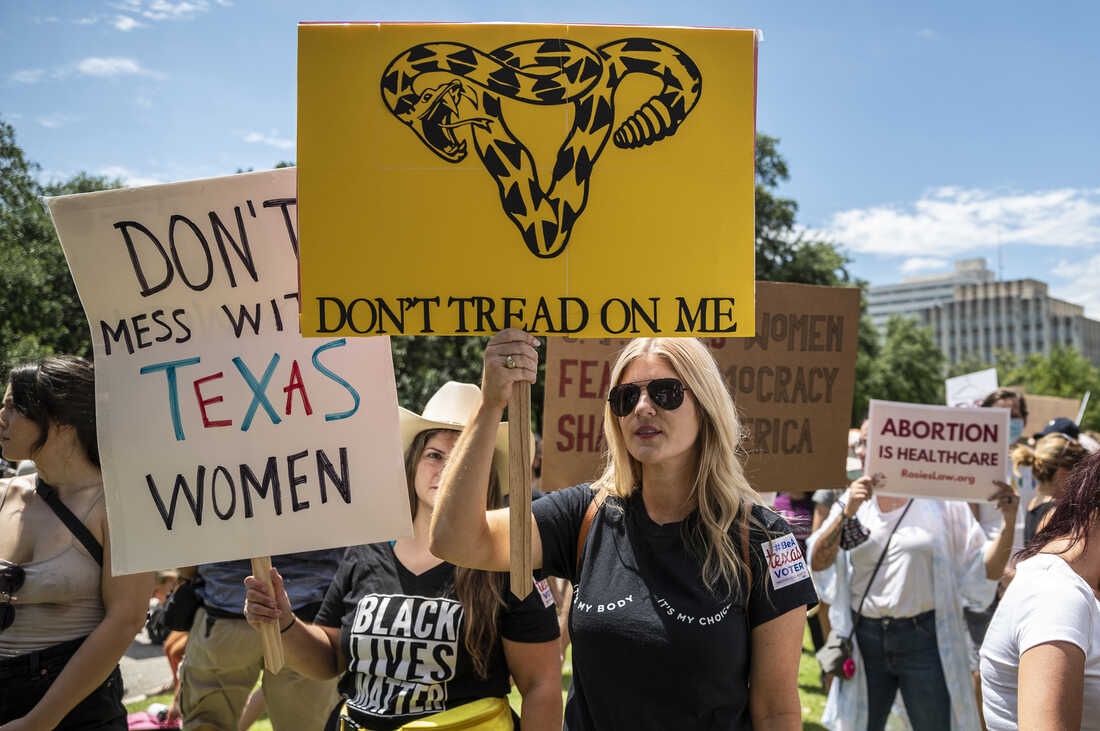Texas Law Creates Uncertainty Concerning Legality of Future Abortions

by Alex Braun ‘23
 A new Texas law called the Texas Heartbeat Act was enacted on September 1, 2021. It has pushed to the forefront of the debate on the constitutionality of abortions, and has sparked a heated legal battle between all levels of government on the legitimacy of the act. There is no doubt that the result of this legal battle, whether in favor of the Texas law or not, will affect our country for years to come.
A new Texas law called the Texas Heartbeat Act was enacted on September 1, 2021. It has pushed to the forefront of the debate on the constitutionality of abortions, and has sparked a heated legal battle between all levels of government on the legitimacy of the act. There is no doubt that the result of this legal battle, whether in favor of the Texas law or not, will affect our country for years to come.
The Texas law places a ban on abortions after cardiac activity is detected, just 6 weeks into the pregnancy for many women and before they might even know they are pregnant. It specifies that individuals are the ones who are allowed to sue for anyone who provides an abortion or is discovered to “aid or abet” with an abortion. This puts doctors at risk of being sued, but also puts anyone else involved in the process (for example, the driver of the woman to the clinic) in legal jeopardy. The law allows any American, Texan or not, to seek up to $10,000 in civil court for damages whether they were physically affected or not. Due to the fact that only private citizens can sue, rather than public officials, it is much more difficult to knock down in federal courts.
Despite efforts to prevent the law from being challenged in a federal court, it did reach the Supreme Court of the United States (SCOTUS), where they voted 5-4 not to block the Texas law. The court did not decide on the constitutionality of the act, but rather decided whether it could go into effect. The court felt like the case did not include “complex and novel antecedent procedural questions”, so they were unable to make a logical decision. All four dissenting justices wrote their own opinions with Justice Sonia Sotomayor making the most critical one, writing “…Because the court’s failure to act rewards tactics designed to avoid judicial review and inflicts significant harm on the applicants and on women seeking abortions in Texas, I dissent”.
SCOTUS Justices are not the only figures who have expressed their opinions on the court ruling. President Joe Biden expressed his view of the court decision, saying that it “unleashes constitutional chaos.” The White House released a statement declaring the administration would attempt to find ways the federal government could allow Texans to legally have abortions. Speaker of the House Nancy Pelosi also declared her disdain for the law, saying “[SCOTUS’] cowardly, dark-of-night decision to uphold a flagrantly unconstitutional assault on women’s rights and health is staggering.” In a recent development, the Federal Department of Justice (DOJ) has sued Texas, declaring that the law is in “open defiance of the constitution.”
Despite the SCOTUS decisions, the legal battles surrounding this law are far from over. If the Texas law survives challenges, it is anticipated that other conservative states will attempt to pass similar legislation. While it is improbable any laws similar to the Texas one become federally enforced, for now the future of the legality of abortions in the United States is uncertain.